The true opposite of depression is neither gaiety nor absence of pain, but vitality—the freedom to experience spontaneous feelings. It is part of the kaleidoscope of life that these feelings are not only happy, beautiful, or good; they can reflect the entire range of human experience, including envy, jealousy, rage, disgust, greed, despair, and grief. But this freedom cannot be achieved if its childhood roots are cut off. Our access to the true self is possible only when we no longer have to be afraid of the intense emotional world of early childhood. Once we have experienced and become familiar with this world, it is no longer strange and threatening.
Alice Miller, The Drama of the Gifted Child: The Search for the True Self
The good news is you get your feelings back; the bad news is you get your feelings back!
Often heard in the rooms of AA
Watching very young children at play is a gratifying experience. When they feel safe and find themselves `in the zone´, there is no end to their creativity and spontaneity. They exude an air of vitality and freedom, both inspiring and infectious.
When was the last time I felt like this? Not so long ago. It was on my morning walk today when the sun finally broke through and burned off the November fog. Spotting some swans on a tiny island in the middle of the large pond, and brushing off the prospect of my feet getting thoroughly wet in the heavy dew, I got as close as possible to get a few photos. There was a sense of adventure about this and the swans seemed to join in, colluding with me on their own terms. Time stood still. It was an expansive moment!
It had not always been like this. For long stretches of my life the `fizz´ seemed to have eluded me. Cut off emotionally from my childhood roots, constrained by a self-woven web of responsibilities and expectations, and inhibited from savouring the present moment by prolonged indulgence in a cocktail of intoxicating substances and `stinking thinking´, my spontaneity seemed to all but have dried up by the time I had reached my early forties.
Life had become predictable, leaden, and thankless. There seemed little hope that things would ever change.
Change did come however, born rather of desperation than idealism. I got sick and tired of being sick and tired. Realising that I was dying on the inside, it became clear to me that the time had come to make a choice; either to continue along the path of slow, steady destruction or to ask for help, in the hope that a solution could be found. It was at this time that I stumbled upon the first of several Twelve Step fellowships that would later play, and to this day continue to play, a central role in my life. It was CoDA, or Co-Dependents Anonymous. The first of the Twelve Steps of this fellowship reads: `We admitted that we were powerless over other people – that our lives had become unmanageable.´
Fancy that! Powerless over other people. There was a moment of clarity right then and there. Yes, I had been trying to change other people all my life. Indeed, looking back, it seemed to have been a major pre-occupation in our family culture; changing other people. How futile these efforts had been. Yet this had not deterred me from trying ever harder, again and again. Only now, the house of cards having caved in, and standing in the rubble of my dreams, was I desperate enough to admit defeat; to stand back and see if there were other possibilities of grasping by the horns the bull of life, which, in my efforts to subdue it, had trampled me so badly.
`It is what it is.´ There is great wisdom in this short sentence. Tapping into its power presupposes the ability to recognise `what is´. This is the purpose of inventory, which we find in all the mystical traditions. According to legend, the injunction `Know Thyself´ was carved into stone at the entrance to Apollo’s temple at Delphi in ancient Greece. The process of drawing up, sharing and processing inventory, with the corresponding willingness to repent and change our ways, is a major step in this direction.
Being `present´ is also a key aspect. In this I was helped by Thich Nhat Hahn’s story about cleaning the dishes. `You may clean the dishes´ he told his guest, who was eager to help with the household chores one evening, `if you can clean the dishes´. The gist of the story is that if my attention is on the outcome, or my mind is wandering, poring over the embers of the past or the green shoots of the future, I am not `cleaning the dishes´. I took this prompt from a capable cognitive behavioural therapist and began to cultivate the experience of the `now´.
Some years later, I was to encounter the man who was to become my spiritual guide. An adept in the Sikh tradition of Guru Nanak, he introduced me to a form of meditation called Shabt Yoga, where we leave the body to experience the celestial sights and sounds within. Leaving behind me the daily Zen meditation practice of two decades, which had encouraged the concentration on the breath, I began to practice `dying’ each morning. Paradoxically, the more we embrace our mortality in this incarnation, the more vitality and spontaneity begin to re-emerge as we go through our days.
Consciously reconnecting with my Inner Child has also been a key element in this process. Fate had been kind to me in blessing my wife and me with two children, when I was in my late twenties. While I struggled to keep my head above water, I was able to tap into the world of these beautiful children. It was the beginning of an evolution which I now experience with young children wherever I go. My soul merely touching their energy fields causes a change in me; I become soft, more sensitive, feeling more connected and safe. In my inner work, it became clear that my own Inner Child had suffered much rejection, ridicule and disregard; wounds I myself could now dress. The Inner Child responds well to loving-kindness, bringing its innate joy and spontaneity into the equation. As Alice Miller points out; ` in the kaleidoscope of life, these feelings are not only happy, beautiful, or good; they can reflect the entire range of human experience, including envy, jealousy, rage, disgust, greed, despair, and grief.´
In the process of inventory I get to know my self better. This is a definition of expansion of consciousness. I take responsibility for my life with no `ifs´ or `buts´. This leads me to forgive all harm done to my Inner Child, by myself and others, to take responsibility for nurturing this aspect from here on in, and – clearly able to see what is truly present – to recognise that feelings which may appear rooted in today’s action often emanate from the wake of ships long since passed. These can then be treated by grieving appropriately.
When the willingness to accept and embrace `what is´ – whatever that may be – is cultivated, the chalice of joy, freedom and spontaneity fills up and begins to overflow, without any discernible loss of substance or vitality.

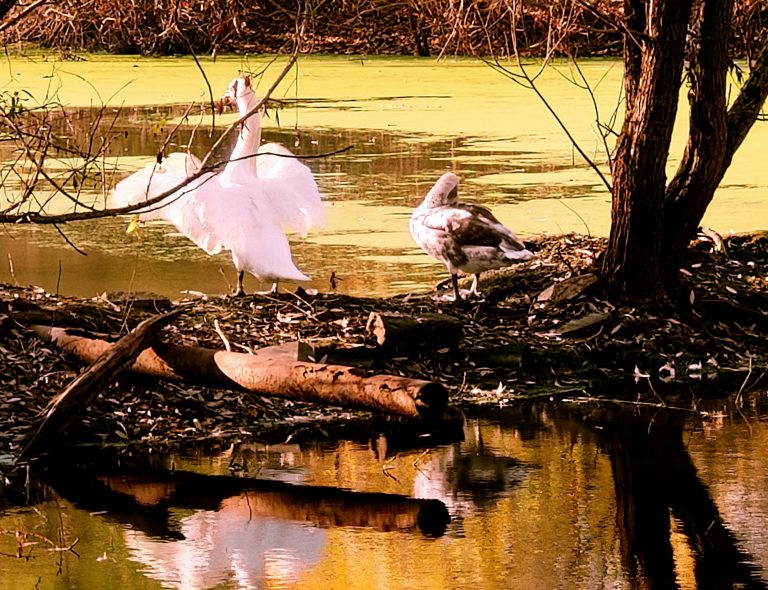
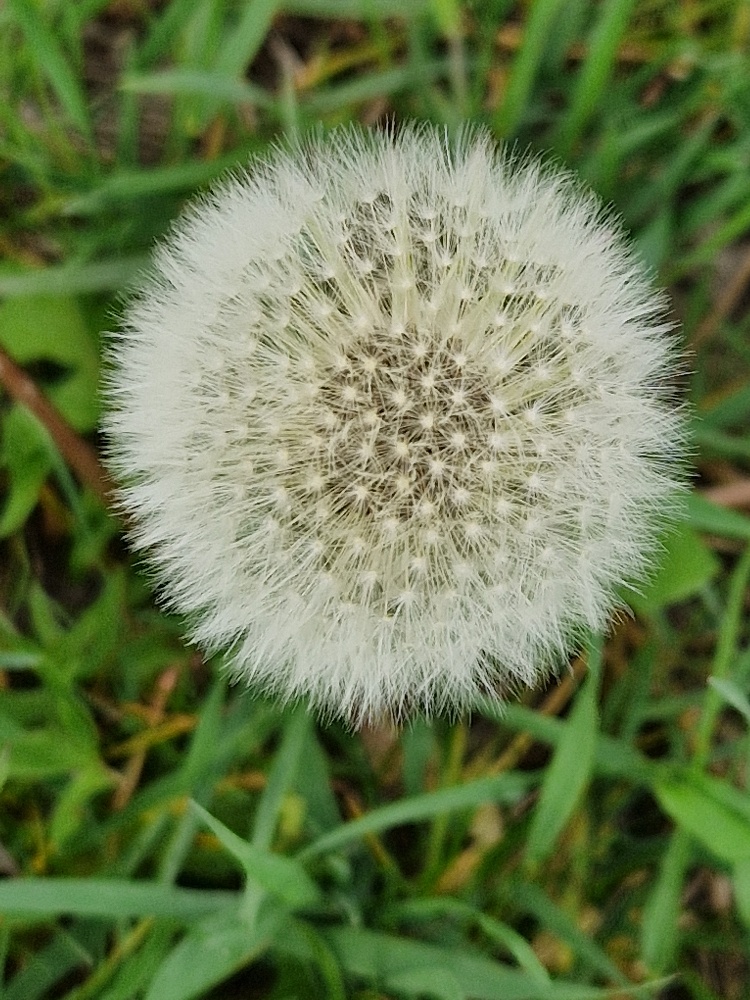
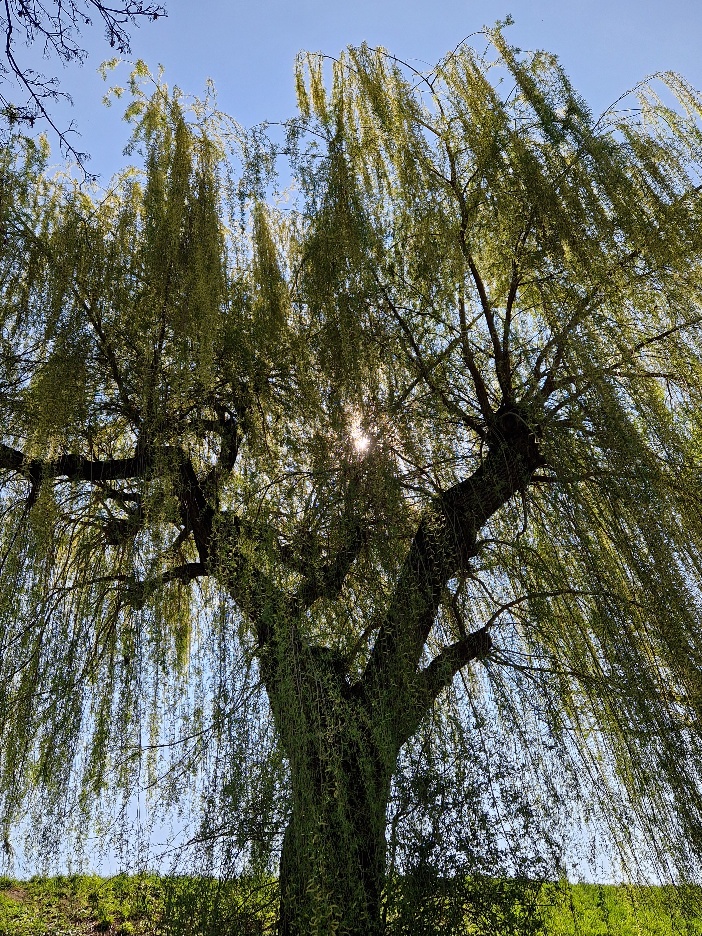
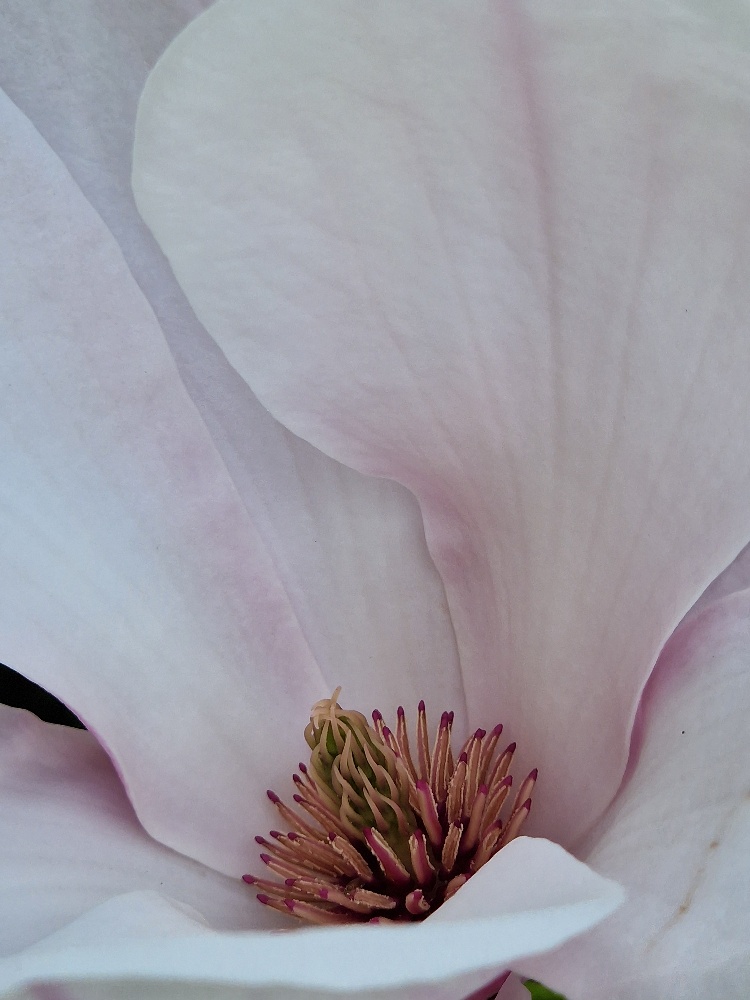
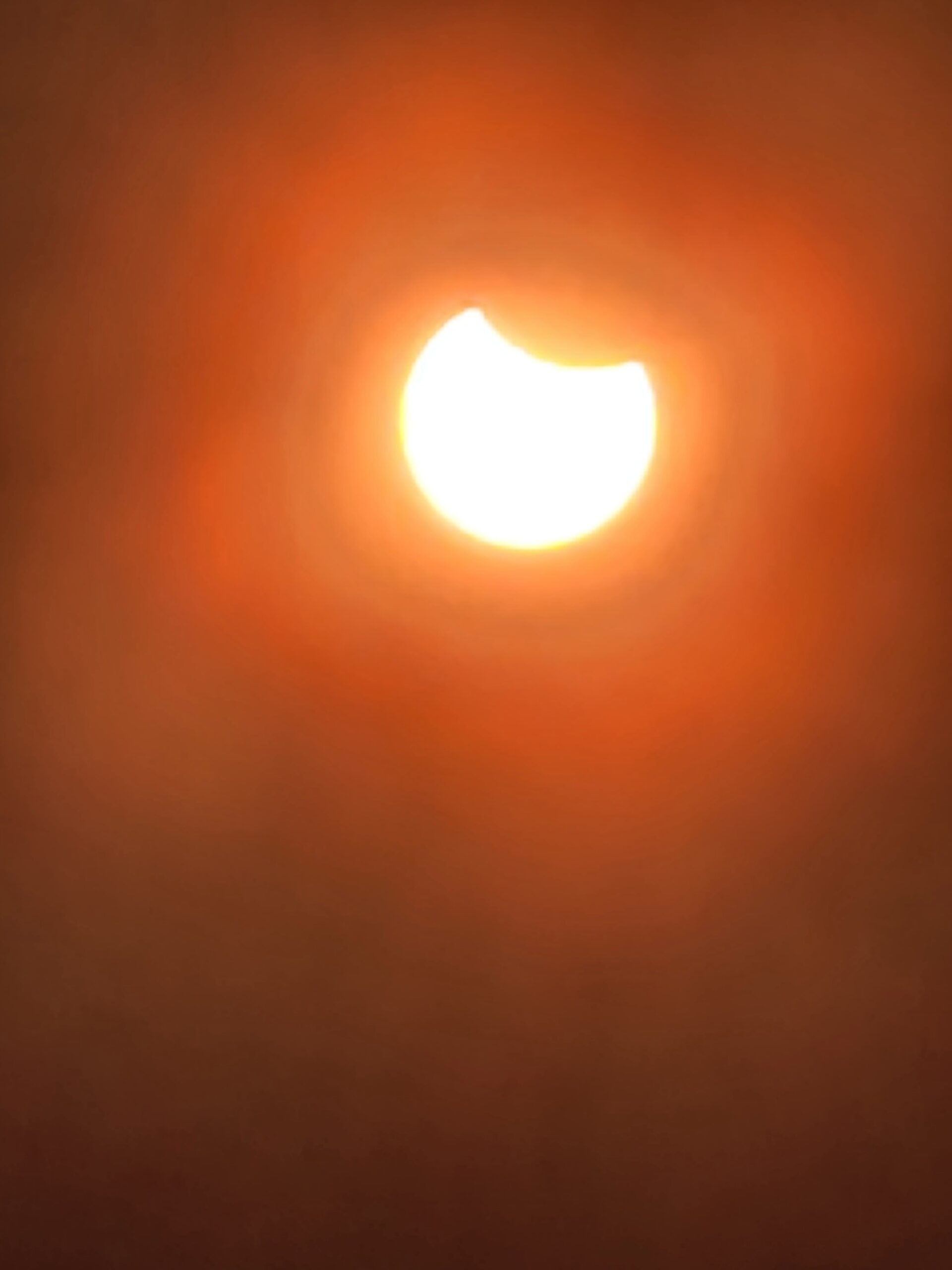
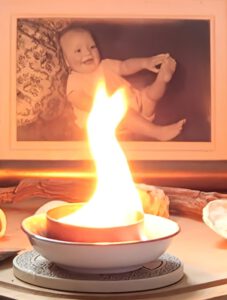
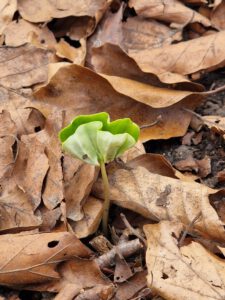



Eine Antwort
Interesting reading Paddy, thanks. My inner child needs attention and ignoring him has compounded the hurt.